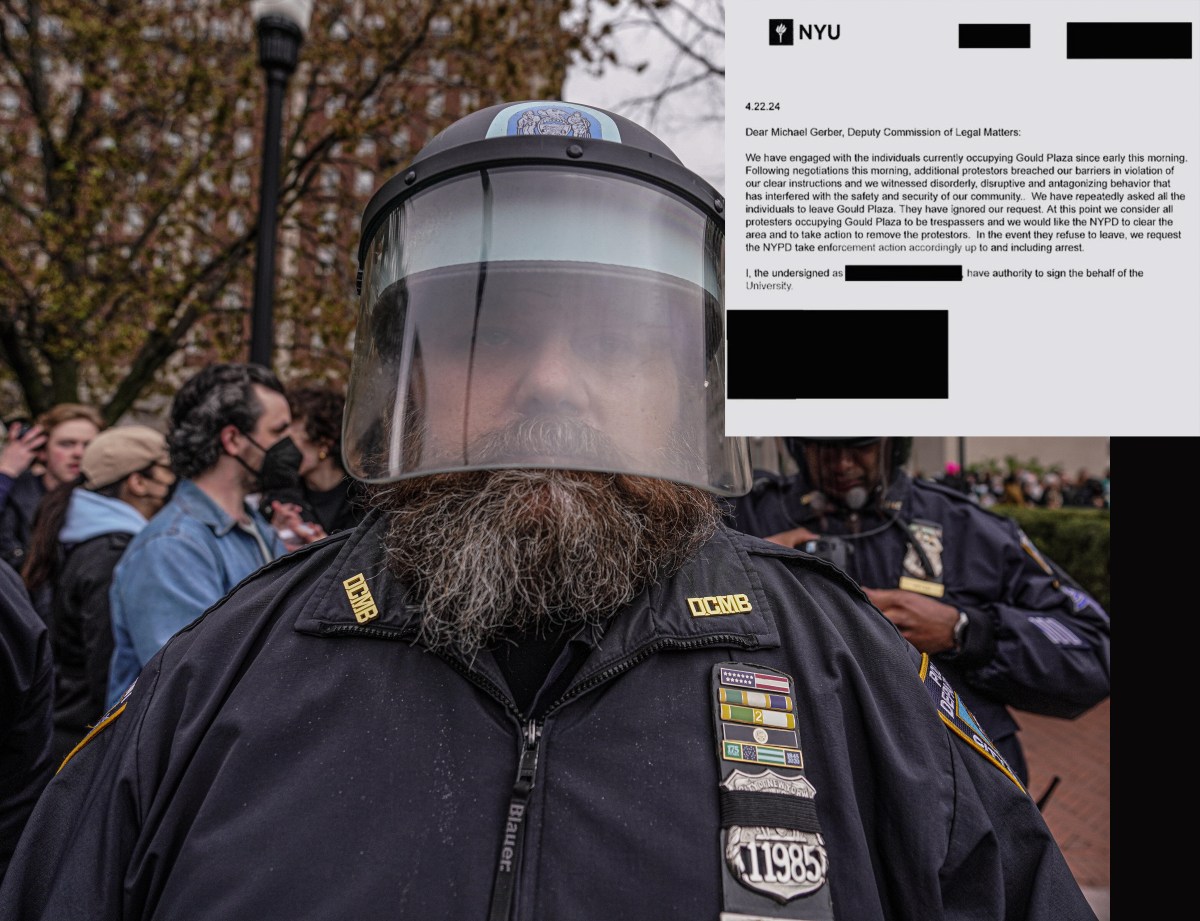VANCOUVER, B.C. – When nine-year-old Nicole Maurer grows up, she wants to be an Olympian.
Yet in a country where children are constantly encouraged to follow their dreams, she’s already been told to scrap that goal. She says it’s because she’s a girl. The Grade 5 student from Calgary is a ski jumper, and for right now, competing in that sport on the most prestigious stage in the world is restricted to men.
Which makes absolutely no sense to Nicole.
“When I jump, I’m better than most of the boys,” she says, explaining she’s already been training for four years. “It’s not fair just because they’re girls that they’re not allowed in the Olympics.”
That complaint has been the subject of a long court battle by a group of female international ski jumpers who argue it’s unconstitutional to bar women. As the 2010 Games quickly approaches, their case remains in limbo.
Nicole’s inequity propelled her and others to highlight it and similar cases of gender barriers in a new “Dreams for Women” calendar she helped create.
As excitement builds before the world visits Vancouver, the participating athletes – several who actually will be competing – are hoping to use Olympic fever to galvanize people to question the way things are.
Each participant made and submitted a postcard that’s included in the calendar.
“I dream of a world where the only bruises women receive occur in friendly competition,” says figure skater Ashley Wagner’s postcard on domestic violence.
“I dream of a world where women are front page, not centrefolds,” says Cathy Priestner-Allinger, Olympic medallist speed skater and Vancouver Olympic Committee vice-president, on the sexualization of female athletes.
Volleyball player and calendar participant Kirsten Manley-Casimir feels she faces extra pressures on the court. In international competitions, she’s required to wear a very small bikini – rules laid down by the Federation Internationale de Volleyball.
Men are allowed to wear shorts.
“There’s a reason that the men’s event didn’t sell out first at the Olympics. It was the women’s event (that did),” said the Toronto woman, 34, whose postcard is in the calendar.
“You do fight against the tension between it being seen as a sexy sport rather than an athletic sport.”
That double-standard and lack of choice frustrates Manley-Casimir, who noted several other arenas where women are still left behind.
Sponsorship dollars are often accessed more easily by men. Professional female hockey players – despite excelling in Canada – only earn a fraction of what men do. There are also fewer opportunities for women to play professional sports.
And gender representation in other areas of the Olympics is still sub-par, though it continues to improve.
Only two women hold senior executive spots on the eight-member Vancouver Olympic organizing committee, while five women sit on its 20-member board of directors, according to the most recently available stats from July 2008.
At the 2008 Beijing summer Games, 42 per cent of the 11,000 competing athletes were women – up from less than 26 per cent ten years earlier. But the International Olympic Committee also allowed Saudi Arabia and Qatar to send all-male teams because the Arab nations ban women from competing.
It’s not yet clear what percentage women will make up at the Vancouver Games because some teams aren’t yet finalized.
While ski jumping remains off-limits, women did claim victory in August when the IOC voted to finally include women’s boxing in the Games, starting in London in 2012.
Amanda Reaume, who co-ordinated the calendar, said she hopes it becomes a relic of a different era.
“I really hope that this calendar … will be the last year that women have not been included in ski jumping in the Games,” said the 25-year-old, who is executive director of the Vancouver-based non-profit Antigone Foundation, an organization geared toward young women.
“Hopefully it will be a historical piece – ‘Oh, remember that time, back in the day, when women weren’t in ski jumping.”‘
On its cover is one more provocative dream for the future: “One day, saying someone plays like a girl will be a compliment.”
–
To buy a $20 calendar, go to antigonemagazine.wordpress.com or email antigonemagazine(at)hotmail.com
















